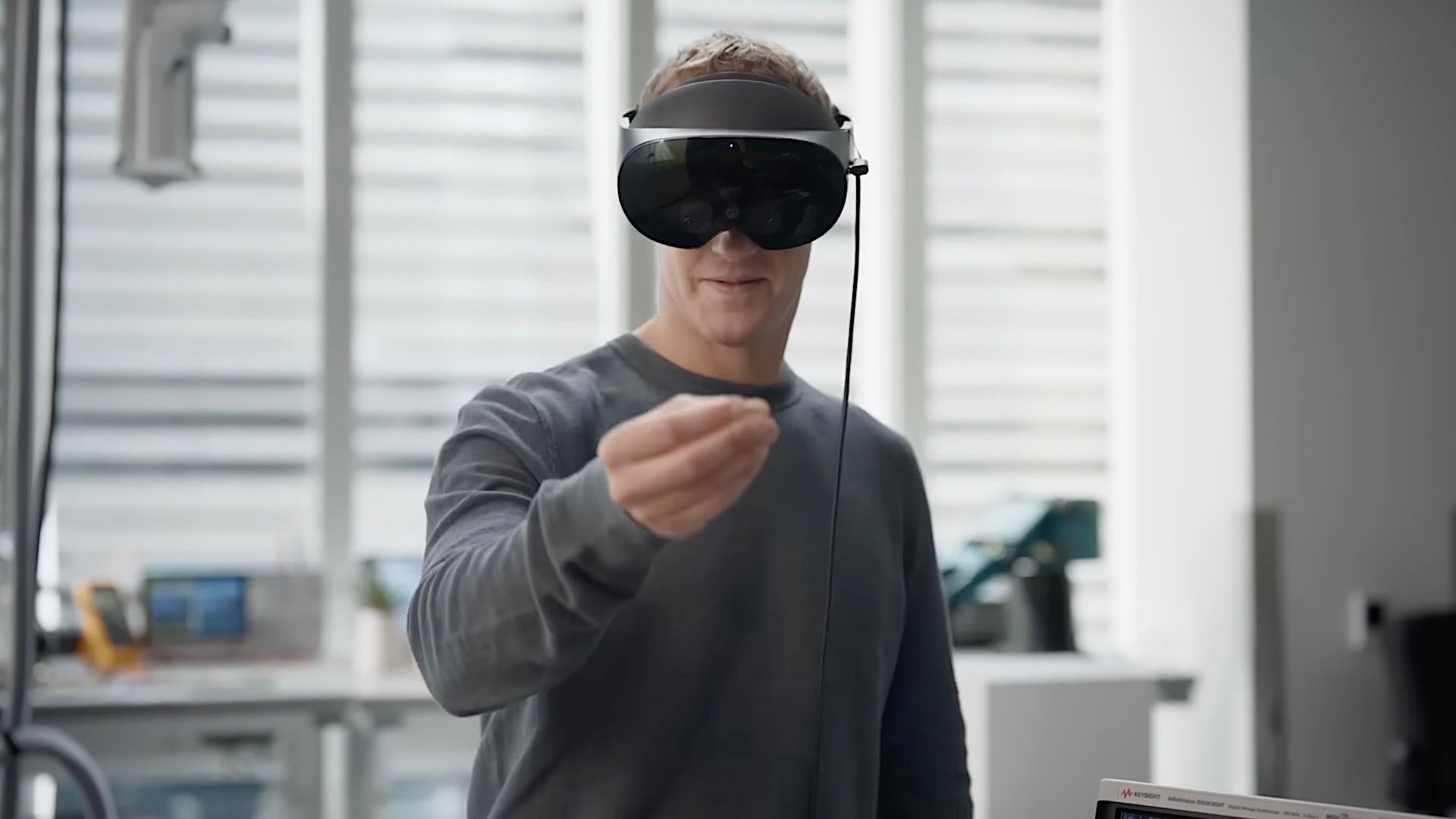From EA to Krafton, why game studios are scrambling to master AI
Something is shifting in the games industry. In just a few weeks, Krafton and Electronic Arts (fresh from releasing Battlefield 6), two of the world’s biggest publishers, have announced plans to adopt AI into game development, an approach that could redefine how games are made. Both are promising an ‘AI-first’ future. Both are betting millions on it. And both, for better or worse, are about to discover what happens when you hand part of game development over to the machines.
South Korean publisher Krafton, best known for PUBG: Battlegrounds and the upcoming Subnautica 2, as well as owner of the anime-like Hi-Fi Rush, has declared itself an ‘AI-first’ company, as reported by PC Gamer. That’s not a marketing slogan, it’s a structural overhaul, a pitch to change how games are made and what games can be. The studio plans to pour around $70 million into a new GPU supercluster to power what it calls ‘agentic AI’, systems that don’t just respond, but act and reason.
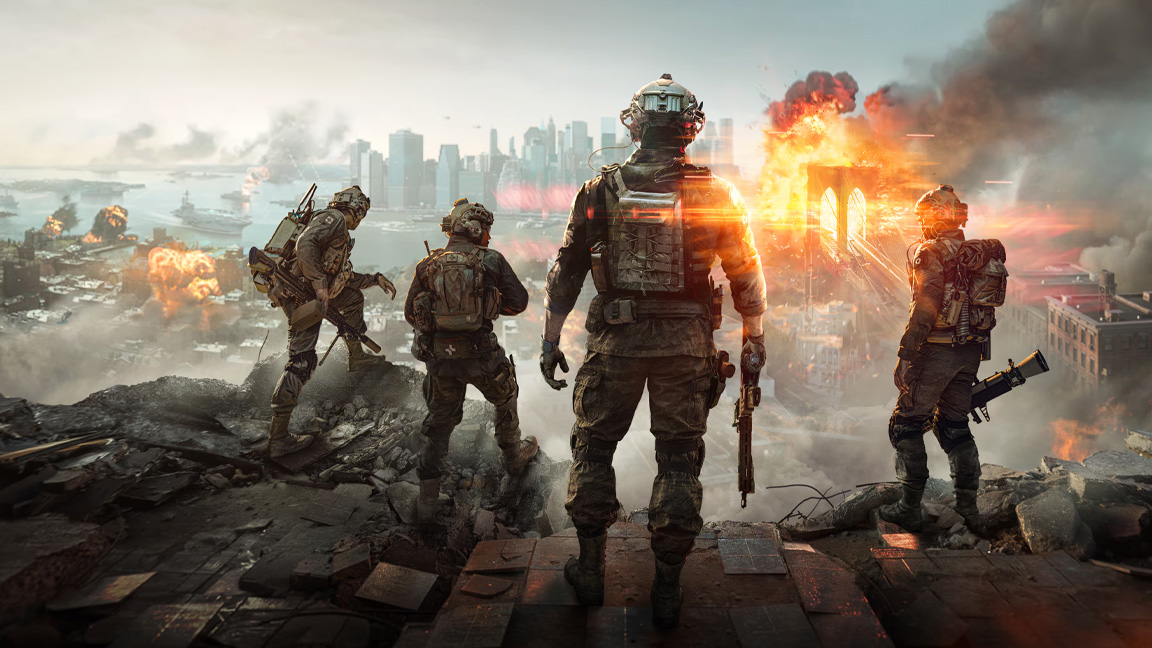
The investment is significant, especially for a game studio, more so when you consider that Microsoft and Google are spending billions on AI infrastructure. But it’s the intent that’s most striking. Krafton isn’t simply adopting AI tools to speed up art creation or procedural design. It’s reorganising its entire business around them. Everything from workflows and R&D to HR and operations will run through this AI lens. In short, Krafton isn’t just adopting AI tools; it’s building its own AI engine room, giving it the power to train custom models and gain an early lead over studios still dependent on outside tech.
It’s a clear signal that the studio sees AI not as an optional accelerator but as a creative foundation, the next Unreal Engine moment, perhaps. But it’s also a huge bet. Krafton is effectively saying that the next wave of hit games will depend on how intelligently machines can think, build, and collaborate with humans.
EA’s generative gamble
On the other side of the world, EA is taking a slightly different tack. The company has partnered with Stability AI, the creators of Stable Diffusion, to build a suite of ‘transformative’ tools for artists and developers. These won’t just generate textures or concept art; EA says they’ll allow creators to pre-visualise entire 3D spaces from text prompts, build materials faster, and test gameplay ideas in minutes rather than weeks.
For an industry battling ballooning budgets and shrinking timelines, the appeal is obvious. Generative AI promises to do what sophisticated engines did two decades ago: lower the barrier to entry and supercharge creativity. As the costs of AAA games go through the roof and sales plateau, AI looks like the cure-all to rising problems.
But there’s a catch. According to a report by Business Insider, EA’s internal rollout hasn’t gone entirely smoothly. Developers have been wrestling with unreliable outputs and AI tools that create more mess than magic. There’s even talk of an internal divide, as some teams resist adopting systems they don’t yet trust. It’s a reminder that the road from innovation to integration can be bumpy, especially when you’re tinkering with the creative core of game-making.
Daily design news, reviews, how-tos and more, as picked by the editors.
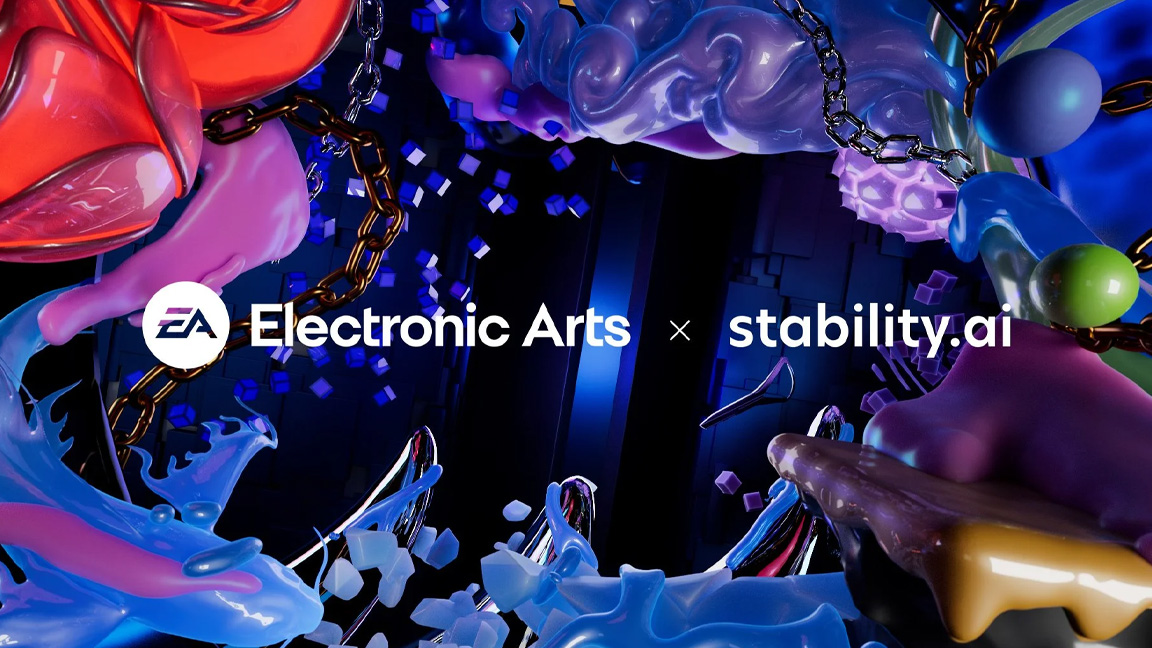
Why now? Economics and ambition
Game development has never been more expensive or complex. A single AAA title can take five years, cost hundreds of millions, and require armies of artists, designers, and QA testers. As of 2025, the average development budget for a AAA game has soared to approximately $200 million, a significant increase from the $50–150 million range five years ago. Studios are desperate to find efficiencies, not to cut corners, but to give creative teams room to breathe again, at least, that’s the idea.
AI offers a seductive promise: prototype faster, iterate endlessly, and fill the endless space of open worlds with living, breathing content. It’s easy to see the appeal of a tool that can generate a castle wall, a weather system, or an entire quest chain on command. Early tech examples include Microsoft’s Muse AI for replicating gameplay scenarios, NVIDIA’s 3D Object Generation Blueprint for production-ready 3D models, and Adobe Substance Painter for creating complex textures that once took hours.
For creative leads, it’s a way to move from micromanaging assets to shaping experiences. For executives, it’s a way to scale production without ballooning headcounts. For players, it could mean richer worlds and smarter characters. Everyone wins, in theory.
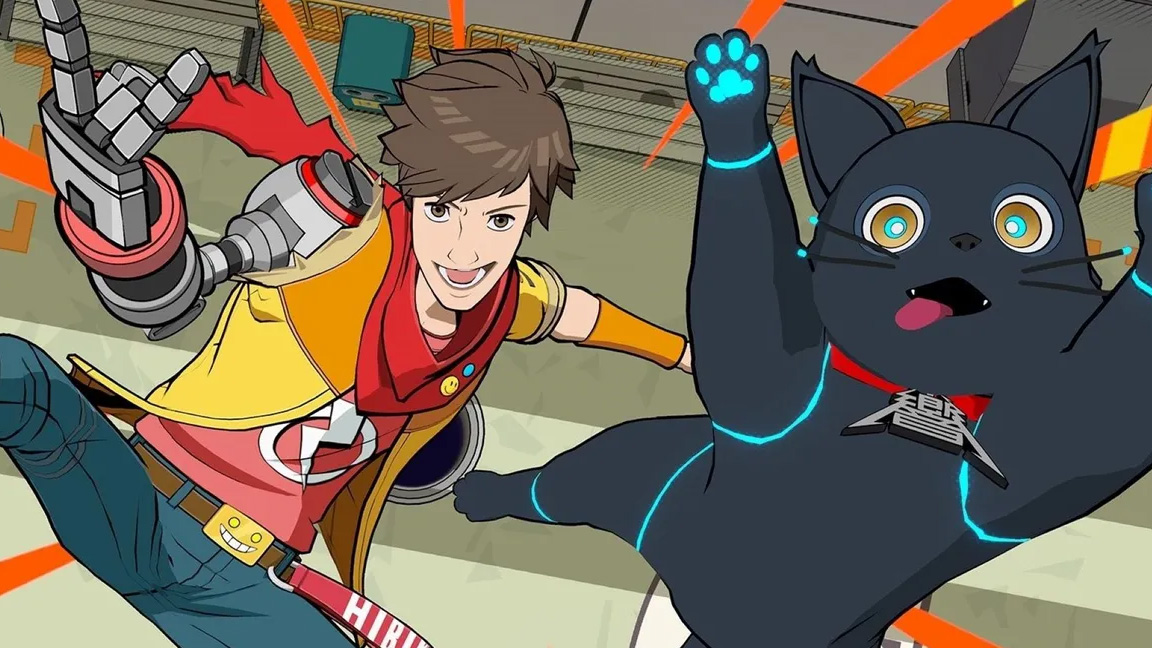
The human factor and creative risk
But as any creative will tell you, theory rarely survives first contact with production reality. AI tools still need human guidance. They can hallucinate, go off script, misunderstand context, and they don’t know when something feels right. Artists at EA have reportedly spent hours cleaning up AI-generated textures and rewriting scripts that don’t fit the tone of a game. That doesn’t sound like liberation; it sounds like new forms of busywork.
When a company announces an ‘AI-first’ pivot, employees naturally ask, “What happens to us?” Are artists training the tools that will replace them? Are writers refining dialogue that an algorithm will eventually automate? These are valid fears, and if studios don’t handle them transparently, the cultural fallout could outweigh any productivity gain.
Then there’s the creative risk. AI can make more, faster. But can it make it better? Can it create new ideas, innovate gameplay, or simply remix existing designs? The danger isn’t that games will look worse; it’s that they’ll start to feel the same. The spark of imperfection, the handcrafted quirk that gives a world personality, is hard to replicate when a model is trained to generalise. A homogenised, AI-smoothed landscape of open worlds is a very real possibility if studios chase efficiency at the expense of artistry.
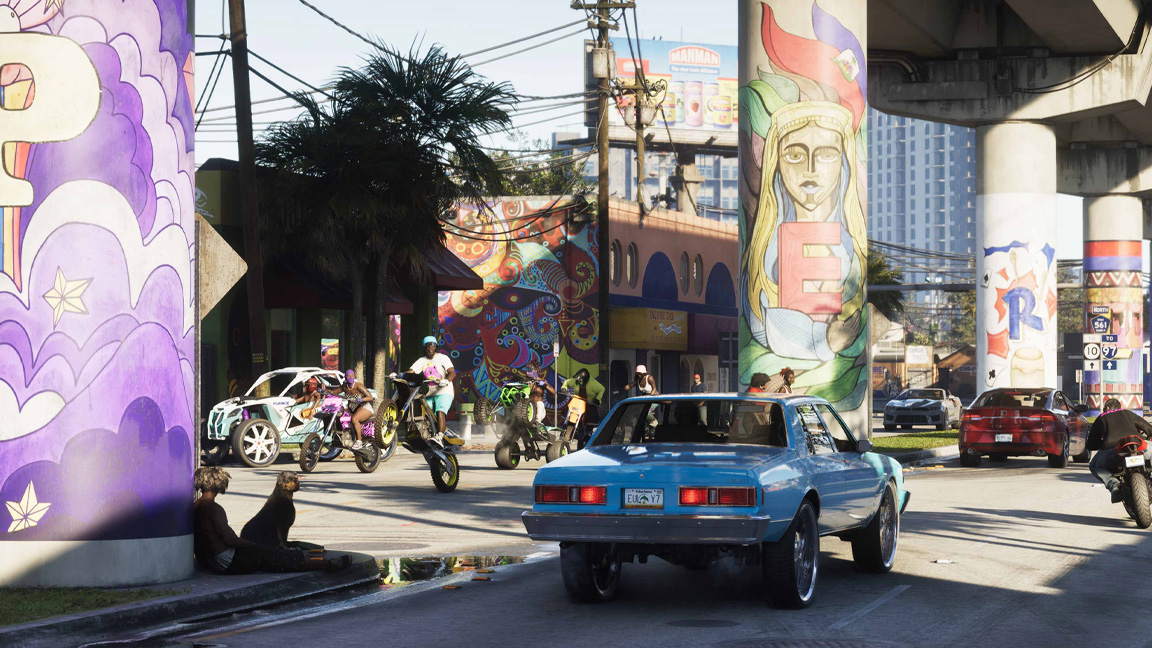
The upside of more for less, or even the same for less, isn’t something game studios and publishers can’t turn down. Take-Two Interactive’s CEO, Strauss Zelnick, recently weighed in on generative AI in games, telling Game Developer that he expects it will create jobs rather than eliminate them.
Zelnick argues that AI can handle repetitive or procedural tasks, freeing human teams to focus on higher-level creativity and innovation. In other words, AI isn’t a replacement for talent; it’s a tool to amplify it, potentially opening up new roles in game design, world-building, narrative scripting, and technical art rather than shrinking the workforce.
Given Take-Two Interactive is the publisher and parent company of Rockstar Games, developer of Grand Theft Auto VI, a game that's been in development since 2014 and cost a rumored $1 billion to make, I can see where Zelnick's zeal for AI is coming from.
The opportunities
Despite the challenges, the rush to AI isn't ceasing. In the best-case scenario, AI becomes another powerful tool that helps human game devs do more and experiment. Artists use it to sketch ideas faster, writers use it to prototype dialogue trees, and designers use it to populate worlds with believable life. Game testing and performance could be improved. The games that emerge from that process could be more reactive, more alive, and more player-personalised than anything we’ve seen before, with NPCs that behave and talk naturally.
In the worst case, studios cut corners, creative teams disengage, and players end up with glossy but soulless experiences, the rise of ‘AI slop’ dressed in ray-traced lighting and the veneer of a trusted brand or franchise.
There’s a parallel here with the arrival of 3D engines in the ’90s or the explosion of physics middleware in the 2000s. Each promised to democratise creativity and streamline production. And each, in time, created new dependencies, new costs, and new creative languages.
AI will do the same, only faster and deeper, because this isn’t just a new toolset; it’s a mindset shift. When Krafton says it’s building an AI supercluster, it’s not just buying hardware; it’s buying into a new way of thinking about what a game studio is. There’s a marked difference in dropping a homegrown game engine for Unity or Unreal and embracing AI workflows that will structurally and artistically change how games are made.
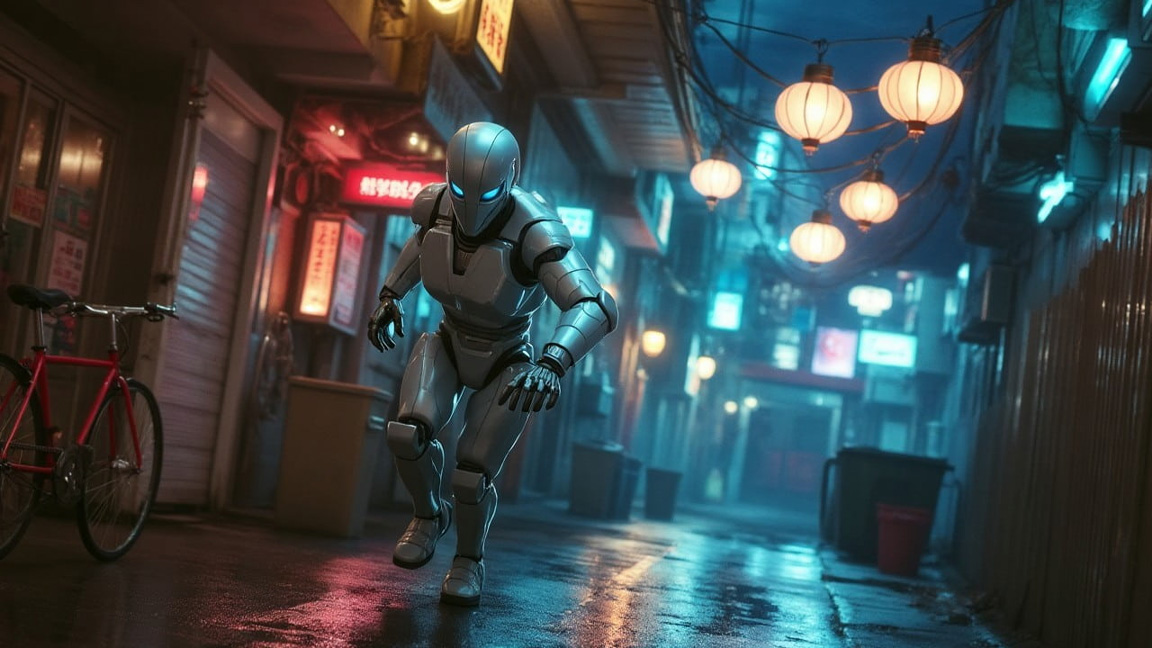
The AI gamble
The next year or two will show whether that thinking holds. Will EA’s partnership with Stability AI lead to genuinely new workflows, or just another round of tech demos? Will Krafton’s investment in ‘agentic AI’ make its games feel more alive, or just more automated? For developers, this is a moment to experiment but also to push back when automation dulls the craft. For players, it’s a reason to stay curious but also critical. And for the industry as a whole, it’s a chance to prove that ‘AI-first’ can still mean artist-first.
If game studios can strike that balance, using AI to enhance creativity, not replace it, the results could be extraordinary. If they can’t, this might not be the dawn of a new golden age of game development, but the beginning of a long, algorithmic hangover.

Ian Dean is Editor, Digital Arts & 3D at Creative Bloq, and the former editor of many leading magazines. These titles included ImagineFX, 3D World and video game titles Play and Official PlayStation Magazine. Ian launched Xbox magazine X360 and edited PlayStation World. For Creative Bloq, Ian combines his experiences to bring the latest news on digital art, VFX and video games and tech, and in his spare time he doodles in Procreate, ArtRage, and Rebelle while finding time to play Xbox and PS5.
You must confirm your public display name before commenting
Please logout and then login again, you will then be prompted to enter your display name.
